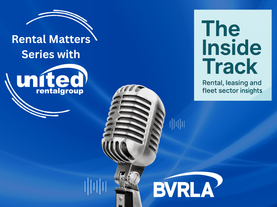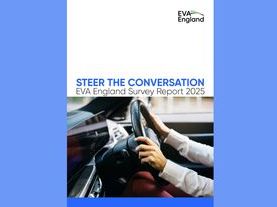The BVRLA recently made a submission to Government ahead of the Autumn Budget (30 October).
In this submission, the association has highlighted that fleets are early adopters of EVs and have taken on substantial risk to enable transport decarbonisation. The unrelenting fall in the value of used BEVs poses an urgent threat to the road transport transition. Information campaigns, grants, VAT cuts and innovative tax efficiencies should all be considered.
Policies that are currently driving the transition, such as low benefit-in-kind (BiK) rates for BEVs, should continue. Other policies that will have harmful impacts, like the introduction of the expensive car supplement (ECS) for BEVs, need to be rethought. New policies are also urgently needed, for example, to reduce the costs of public charging.
Vans are struggling more than cars in the shift to zero emissions and need renewed focus. A 2030 phase-out is not achievable for vans, and 2035 is by no means certain without more help. The Plug-in Van Grant must be extended beyond its 2025 cut-off. There also needs to be new incentives helping SMEs into e-vans and more support for those installing private charging.
The pace of change in the transition to zero-emission vehicles is blistering. Government needs to start working now on key medium-term road transport priorities. A vision is required for how the UK will consider road pricing and the wider future of motoring taxation, especially BiK.
Use the tool to write to your MP and support the campaign for the Government to intervene and safeguard the transition to zero emission motoring: #happyEVafter campaign.




